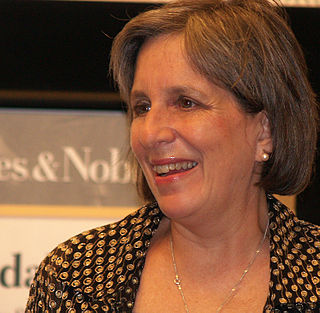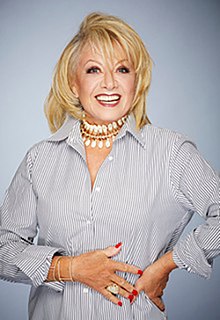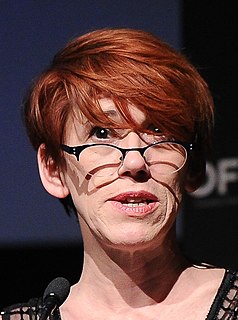A Quote by Lorrie Moore
When I was in graduate school, I had a teacher who said to me, 'Women writers should marry somebody who thinks writing is cute. Because if they really realised what writing was, they would run a mile.'
Related Quotes
Everybody wants to feel that you're writing to a certain demographic because that's good business, but I've never done that ... I tried to write stories that would interest me. I'd say, what would I like to read?... I don't think you can do your best work if you're writing for somebody else, because you never know what that somebody else really thinks or wants.
I had a teacher once who said, "If you are going to write fiction, you should only read poetry." I have always been interested in the writers who care about their sentences and who really work on that level. I have always said that I hate writing, I love revision. So, the language is really important to me. And the comedy and the horror that come out of the language.
Still, I kept writing. I had no guarantee that I would someday win awards for writing. Heavens, the only person during that time who seemed to think I could write something worth publishing was my loyal husband. But I always remembered the professor from graduate school who urged me to write and who recommended me for that first writing assignment in 1964. When I protested to Sara Little that I didn't want to add another mediocre writer to the world, she gently reminded me that if I didn't dare mediocrity, I would never write anything at all.
When I got out of the military, I finished up my education at the University of North Carolina at Wilmington, and I had some mentors who said, 'You got what it takes. You should consider going to graduate school, getting a Ph.D. in neuroscience.' I didn't think I had what it took until somebody who had a Ph.D. told me I had what it takes.
I've never had a mentor personally of any kind. It feels like, generally, in the writing world or the art world, it's more of a thing in America, because you have writing programs, which we don't have. You have these amazing writers who are teachers. I never did a writing program so I never met a writer until I was published. I guess I can't really explain my compulsion for writing these kind of mentor characters.
It was only after two years' work that it occurred to me that I was a writer. I had no particular expectation that the novel would ever be published, because it was sort of a mess. It was only when I found myself writing things I didn't realise I knew that I said, 'I'm a writer now.' The novel had become an incentive to deeper thinking. That's really what writing is—an intense form of thought.
If I'd loved my chemistry teacher and my maths teacher, goodness knows what direction my life might have gone in. I remember there was a primary school teacher who really woke me up to the joys of school for about one year when I was ten. He made me interested in things I would otherwise not have been interested in - because he was a brilliant teacher. He was instrumental in making me think learning was quite exciting.






































